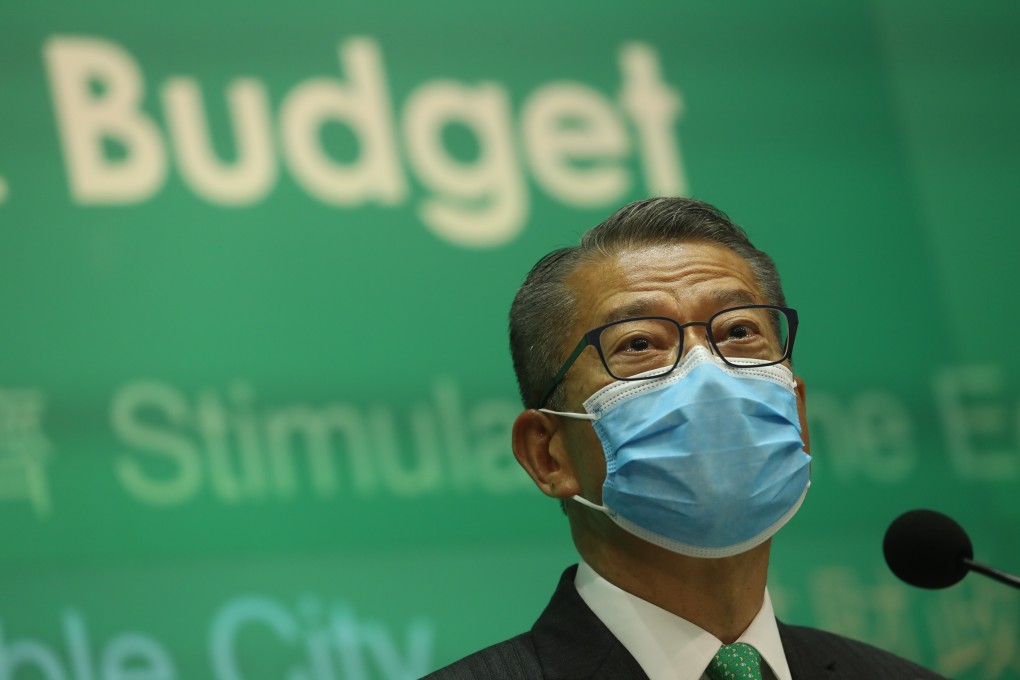Editorial | Stamp duty rise on stock transactions a price worth paying
- Move criticised by some Hong Kong lawmakers will add new revenue at a time of record deficits, be a direct tax on the rich, and may also help lower market volatility

If you listen to some local stock brokers, traders and their representatives in the Legislative Council, it’s the end of the world.
“It is killing the goose that lays the golden egg.” “Hong Kong’s equity market will wither.” Nothing of the sort will happen; quite the opposite.
In fact, in the lacklustre budget speech delivered by Financial Secretary Paul Chan Mo-po, raising the stamp duty for stock trading is rather inspired. The increase of almost 30 per cent may sound big on paper, but it only seems so because it’s the first rise since 1993.
It will add new revenue at a time of record deficits; it’s a direct tax on the rich; and by increasing transaction cost, it may also help lower market volatility by targeting rapid speculative and algorithmic or computer-driven trades. What’s not to like?

The duty on any trade will rise to 0.13 per cent for both the buyer and seller, from 0.1 per cent, or a total of 0.26 per cent for a transaction. That translates to an extra HK$600 to the current HK$2,000 – for a total of HK$2,600 – for HK$1 million worth of stocks being traded.
Perhaps the only ones truly impacted will be small and independent brokers. But their business has been living on borrowed time by relying on retail investors who make up most of their clients. It’s a low margins business and the writing has been on the wall for some time now.

